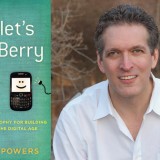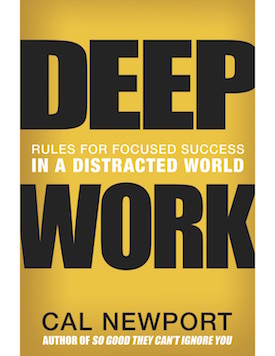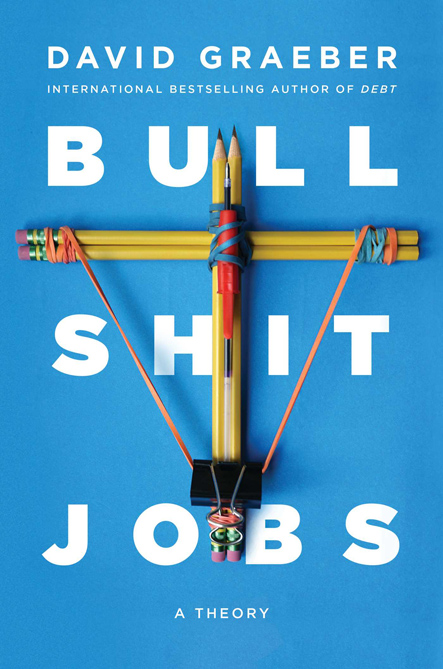
The early war on sleep: Arkwright’s Cotton Mills By Night, 1782 by Joseph Wright of Derby.
Our beat on this blog has been appropriate technology, gardening and urban homesteading (whatever that means!). Ironically, Kelly and I have had to spend a lot of time in front of screens researching and writing about these very analog subjects that, for the most part, involve an off-line engagement with the natural world. We’ve done this at a time of the explosive growth of social media. Early on there was a line of thought that social media could be used for positive social movements. I think it’s safe to say that, at this point, only the most fervent Silicon Valley cultists still have any faith in garbage products like Facebook and Twitter.
My own ideas about the internet have whipsawed over the years from an enthusiastic optimism in the 1990s to, more recently, a gut feeling that we need to just burn it all down. Two books I’ve read in recent months fall into that burn it all down category. One, a collection of William Morris’ political writings, and the other, Jonathan Crary’s 24/7: Late Capitalism and the Ends of Sleep. Morris and Crary have much in common. Writing in the 19th century, Morris could see the brutal trajectory of industrial capitalism. Writing in our own century Crary itemizes the wreckage in a screed that the Los Angeles Review of Books described as, “a polemic as finely concentrated as a line of pure cocaine.”

Central to Crary’s argument is capitalism’s “relentless capture and control of time and experience” through the use of addiction technologies that both keep us tied to our screen and control, narrow and channel the content of our communication. For Crary, the idea that these technologies are somehow neutral is absurd and, in the words of philosopher Giorgio Agamben, a “product of the media apparatus in which they are captured.”
Crary believes that the internet co-evolved with a particularly brutal stage of free-market capitalism that’s come to be called neo-liberalism. This isn’t a coincidence. Our communication technologies, Crary believes, are intertwined with our economic system.
Bowling Alone
I was particularly excited by a passage in the book where Crary mentions something that I’ve long noticed but never heard anyone else talk about, the media’s obsession with religious cults. It’s not that there aren’t such destructive groups, but the sheer number of documentaries about cults seems more about what Crary calls a “bourgeois horror of the crowd” that forecloses the possibility of communitarian forms of mutual support.
There are the countless narratives of cult-like communes of obedient converts ruled by homicidal madmen and cynical manipulators. Echoing bourgeois fears in the late nineteen century following 1871, the idea of a commune derived from any form of socialism remains systemically intolerable. The cooperative, as a lived set of relations, cannot actually be made visible–it can only be represented as a parodic replication of existing relations of domination. In many different ways, the attack on values of collectivity and cooperation is articulated through the notion that freedom is to be free of any dependence on other, while in fact we are experiencing a more comprehensive subjection to the “free” working of markets. As Harold Bloom has shown, the real American religion is “to be free of other selves.”
We get, in Crary’s words, “the elimination or the financialization of social arrangements that had previously supported many kinds of cooperative activity” through the false communitarianism of social media.
This brutal, every man for himself ethos intersects with the war on sleep in issues such as the way we deal with homelessness.
Public spaces are now comprehensively planned to deter sleeping, often including–with an intrinsic cruelty–the serrated design of benches and other elevated surfaces that prevent a human body from reclining on them. The pervasive but social disregarded phenomenon of urban homelessness entails many deprivations, yet few are more acute than the hazards and insecurities of unsheltered sleep.
Where do we go from here?
The book was written almost 10 years ago in 2013, but the only thing that dates this book is Crary’s attack on blogging which he calls a “one-way model of auto-chattering in which the possibility of ever having to wait and listen to someone else has been eliminated.” Guilty as charged, but blogging now seems quaint next to the horrors of social media which was only just gestating when Crary wrote 24/7.
Perhaps to update his argument a bit Crary’s has a new book, Scorched Earth: Beyond the Digital Age to a Post-Capitalist World which continues many of the themes developed in 24/7. To extract a personal strategy from either of these books is to miss the point. Pervasive, addictive technologies must be confronted in solidarity with other people. Nevertheless, books like these make me more inclined to pick up a garden spade or hand plane rather than a laptop and recognize how privileged I am to be able to make that choice.






Your post was most timely as I’ve been feeling the same and not understanding why. It all makes sense! I will be on the lookout for the books you mentioned. and then to figure out my next steps. Or is there anything one can do (if one can find others to do it with, perhaps)? Thank you.
I think just being a part of face to face groups (as much as we can with Covid still running around) right now is really important.
I had a conversation with a friend recently about how disappointing the internet has turned out to be for humanity. …how we thought everyone having access to endless information would be a game changer….which is certainly was. Not in the liberating way we expected though. I’ve been feeling the burn-it-down of late. This is all hilarious to talk about on a blog, of course, but…here we are. Happy digging!